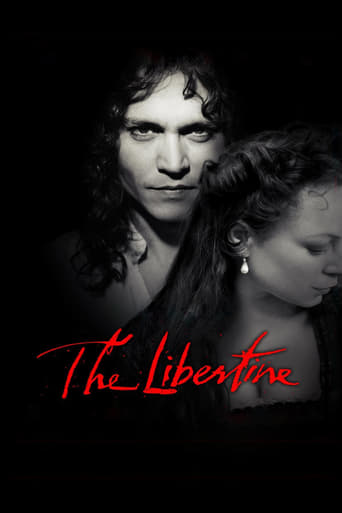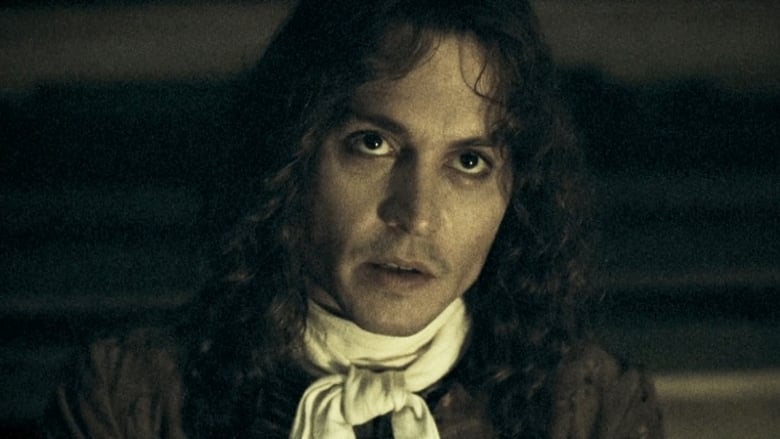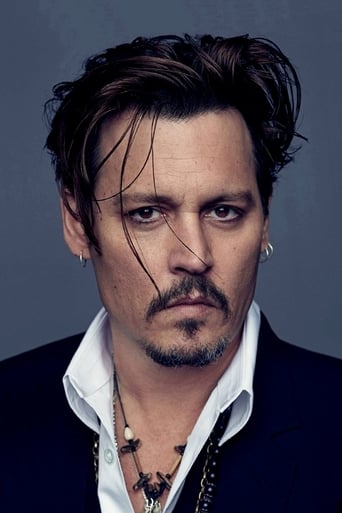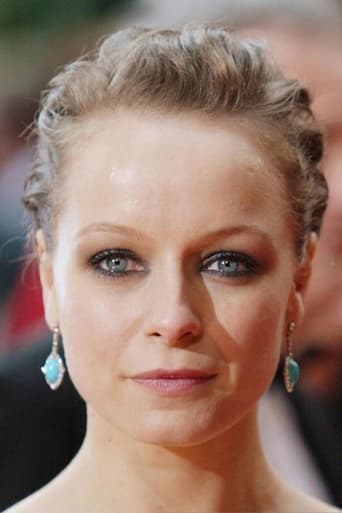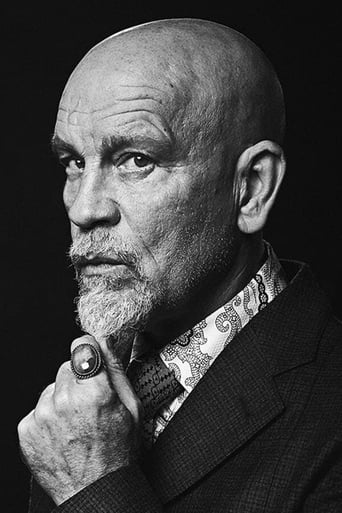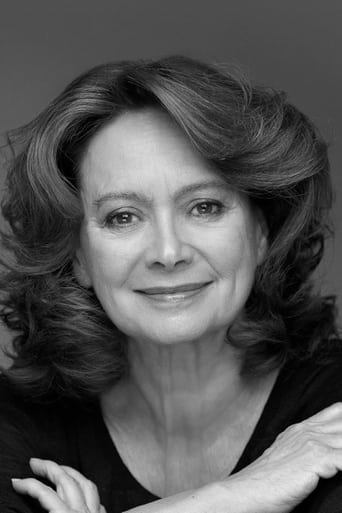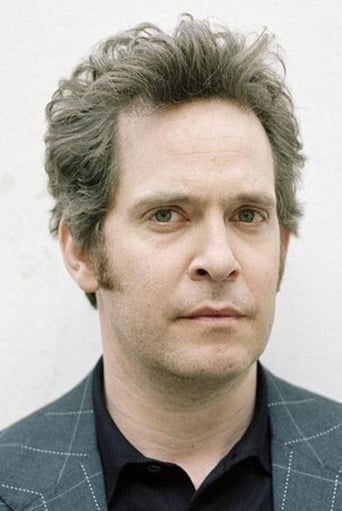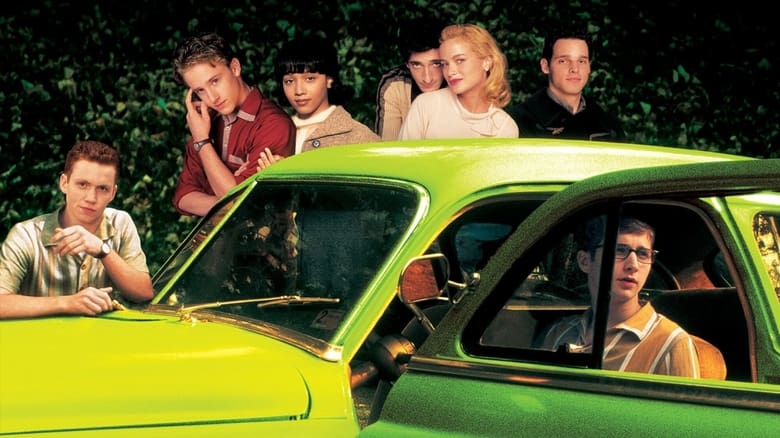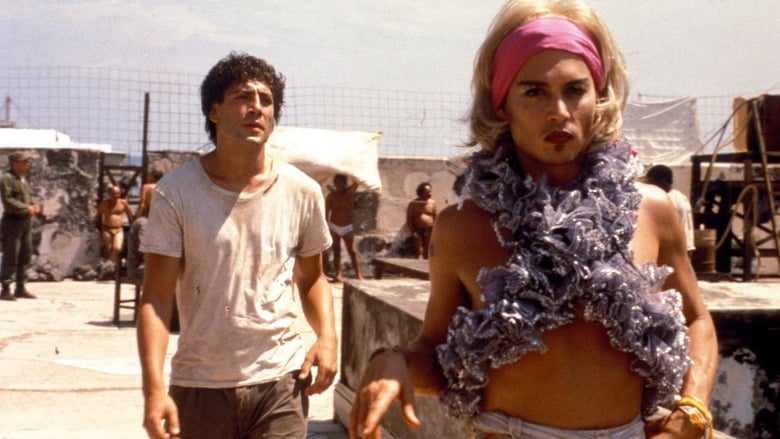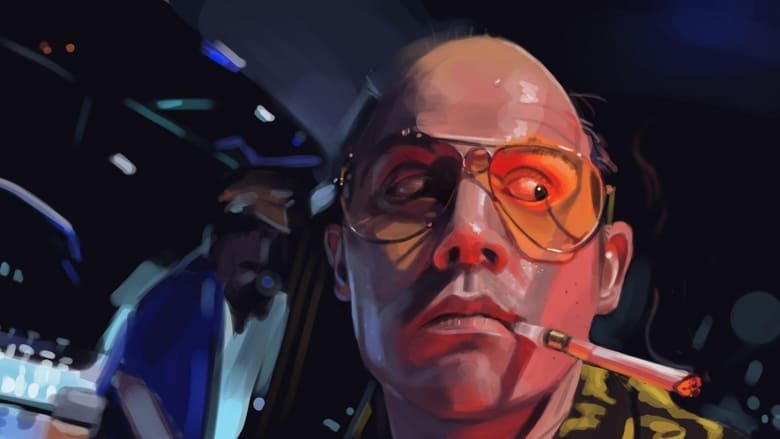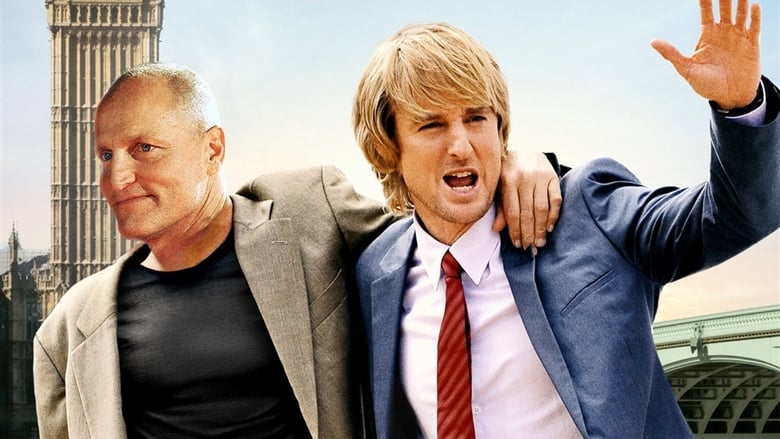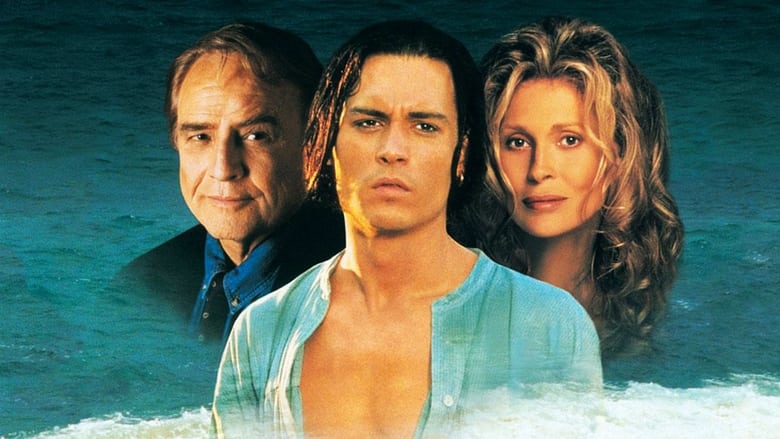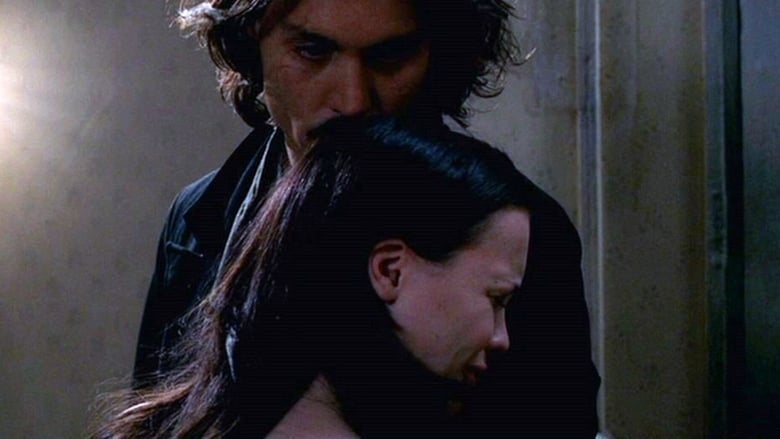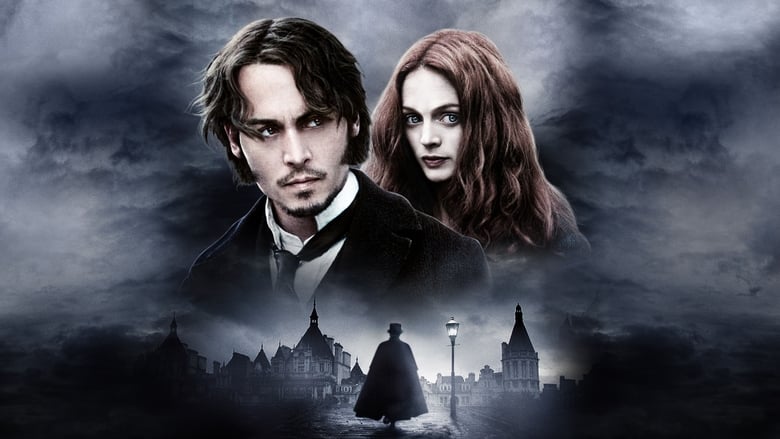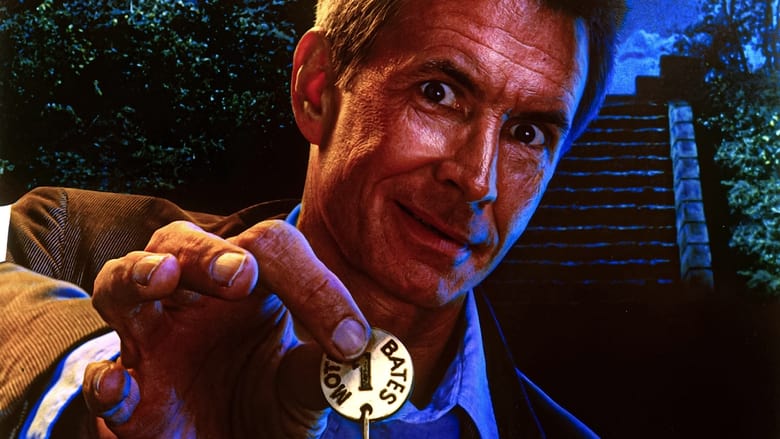The story of John Wilmot, a.k.a. the Earl of Rochester, a 17th century poet who famously drank and debauched his way to an early grave, only to earn posthumous critical acclaim for his life's work.


Similar titles
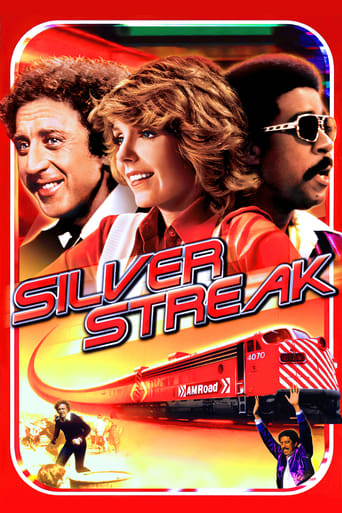
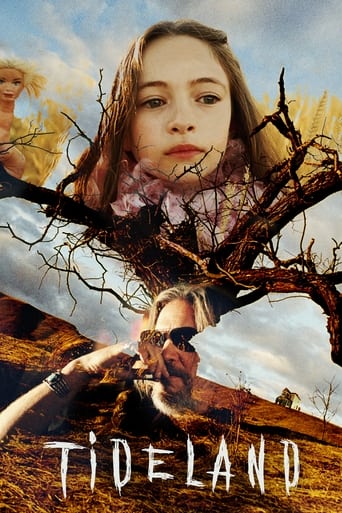
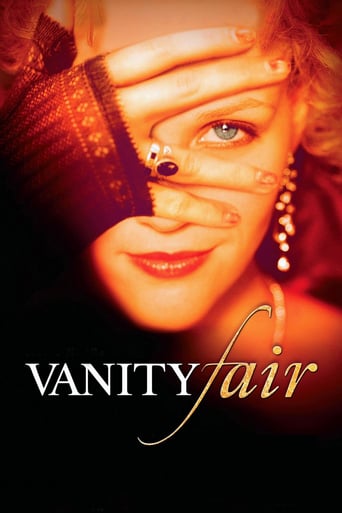
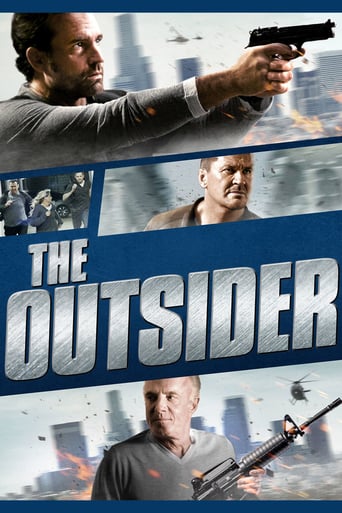
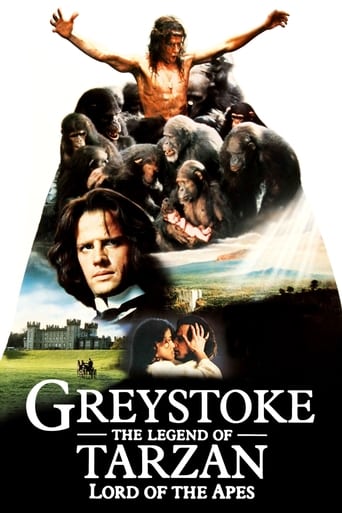
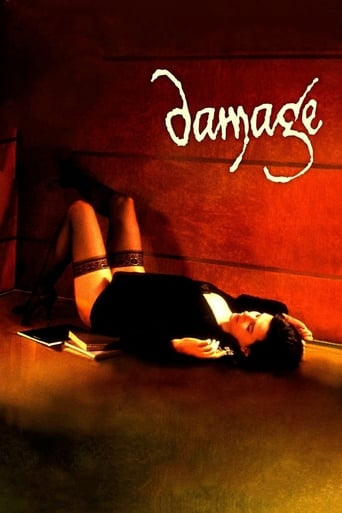
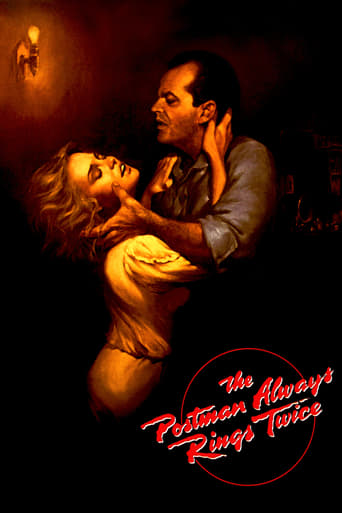
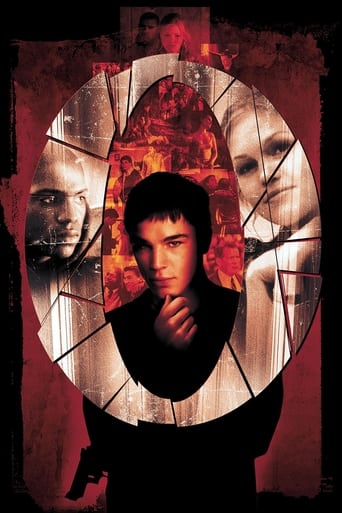
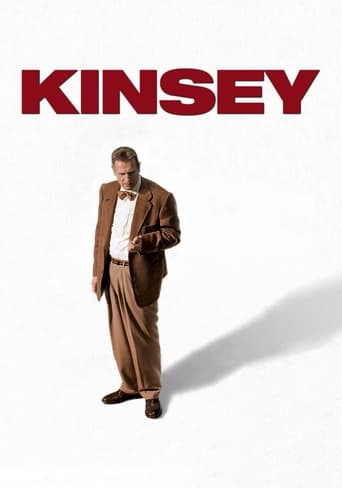
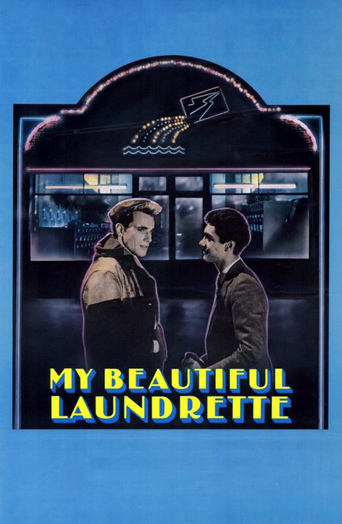
Reviews
I thought this movie was magnificent! Contrary to what others have said about the cinematography being nauseating, I thought the unsteady camera shots were crucial to giving the feeling of standing in the room through every emotional scene. And I do mean EVERY emotional scene, as in every scene took you to experience all the highs and lows (really LOW)of Wilmot's life. When Wilmont attempts to give Barry her first acting lesson on the stage lit with two huge low hung, eerie and romantic chandeliers, I felt they fell in love then, aside from Barry's hard-to-get "dance." It was as if they were dancing around each other with their squabbling and witty answers back and forth. This was my favorite scene. For anyone who feels they didn't enjoy the movie that much or found it confusing, I urge you to watch it again, because when I did I only loved it more than before!
As an actor and director, I am constantly amazed at the laziness of many actors vis-à-vis researching their roles. (For example, there are innumerable instances of actors who blithely commit major grammatical errors when they're supposed to be playing erudite language professors - e.g., "between you and I" instead of the correct "between you and me.") In THE LIBERTINE, which takes place in the 17th century, Johnny Depp, when using the word "flaccid," pronounces it "flassid." Now, any actor worth his salt would have researched the etymology of this word and discovered that the pronunciation of the word among the literati throughout the 17th century was always "flaksid." It was only in the 19th century that the alternate pronunciation, regrettably, came into vogue. Depp's error occurred early in the film and basically ruined the experience for me because I could no longer take him seriously as the literate poet and wit, John Wilmot. Do your homework, Depp!
I bought this film on DVD yesterday, and my expectations were very high. One of the reason was because of the great cast. Johnny Depp, John Malkovich, Samantha Morton, Rosamound Pike, Tom Hollander among others. I had never heard of the film's director, Laurence Dunmore. So it was nice with a debut-film.The film's opening prologue was amazing. It gives us an idea what kind of person The Earl of Rochester (Johnny Depp) is. We are introduced to a muddy, grainy and raw London. We are also introduced to other characters: King Charles II (John Malkovich), George (Tom Hollander), Mrs Rochester (Rosamound Pike), Elizabeth Barry (Samantha Morton).All of the characters are well developed and good. The actors gives us very good and credible performances. In particular Johnny Depp. That guy is great. One of the greatest actors of his generation. Like other actors of course, he has been involved with movies that aren't so good. But he never fails to deliver a good performance though. In this movie he gives an Oscar-worthy performance. His character is so despicable and non-likable, that you just hate him from the very beginning. But later in the film, he kind of changes, and you actually gets an chance to sympathize with him. Depp gives us a wide river of emotions. Anger, loss, love, arrogance, sadness. A performance of a lifetime. He's just phenomenal.Dunmore's direction is good. He knows what he wants with this story, and how the environments are gonna look like. The screenplay is very well-written. There's a lot of humor in the film. In some parts to say the least. The dialog is very witty, cynical, and just completely wonderful. There's a lot of bad language like "fuck", "cunt", "prick" etc.I give this movie 8 out of 10. A strong 8 of 10
"You will not like me," Depp as John Wilmot, 2nd Earl of Rochester, states at the beginning of the film. This story is about the issue of actors and playwrights being either liked or disliked on and off the stage. Although the events take place in the late 17th century, the issues about acting and performance are the same as they are today. The audience will either love you or hate you. There is little in between.For 10 years, from 1649 to 1660, England and Scotland became a Republic under the Puritan leadership of Oliver Cromwell. The theaters were closed, gambling banned, drinking discouraged, and Bible study became mandatory. (However opera did continue.) Sort of the 17th-century equivalent of the southern Bible-Belt in the United States several centuries later.When Charles II became king and restored the throne in 1660, the Puritan restrictions were lifted. The theaters were reopened along with the brothels and the ale houses. As a result the country's libido went sort of wild. Sex, drinking, and gambling came back into vogue full force--things that make life worth living. Apparently, St James Park and other places in London became a hot spot for orgies that would give the bordellos of the 19th century a run for their money.This swinging of the "moral" pendulum toward a libertine sensibility manifested itself through the voices of playwrights and poets. Bawdy and risqué theater, poems and songs became all the rage and is often called "Restoration Comedy". No poet/playwright of the era was more bawdy and risqué than the young John Wilmot, 2nd Earl of Rochester. He led a double-life as a poet/playwright of Restoration Comedy but was also a member of the House of Lords."The Libertine" is a cinematic portrait of John Wilmot, 2nd Earl of Rochester, as the most liberated and uninhibited of the playwright-poets of the era, which also included the likes of John Dryden and George Etheridge. According to the film, Rochester doesn't just write risqué plays and poems. He lives the life of a sex-fiend and an alcoholic, constantly looking for sex and drink when he's not working at the theater. He is considered simultaneously brilliant and erratic; he is his own worst enemy as he neglects his duties as a nobleman. He was one of the few members of the House of Lords who commiserates with theater artists. He begins training a young woman in acting who is at first reviled by the audience at a performance. They then become lovers.Rochester is commissioned by his friend and patron, King Charles II, to write a spectacular play to impress ambassadors from France. But little does the king know that Wilmot's intentions are far from honoring his king. Behind the scenes, Wilmot trashes his sovereign and the entire institute of the monarchy, and he reveals that these opinions will be manifested in his work. During the performance in which the king and the French are in attendance, the ambassadors say his play (which I will not give away) would cause King Louis XIV of France to hang the playwright.Underneath the bawdiness of the era is a kind of somber undertone, a lack of depth of feeling and honesty which may be the main point of the film. Certainly, they threw off the shackles of Puritanism but also may have inadvertently put on a different kind of bondage, missing out on the comforts of love and fulfillment. The bawdy songs and the sex orgies are fun but have little to do with love and real relationships. The entire look of the experience is somewhat reminiscent of the darker filters used in the Godfather. Much of the landscape is probably relatively true to what the time and place was like. We still have the palaces, the music, the poems, and the books from the era. What we don't have are the strange mix of unease and monarchy in an era that was still trying to figure out what it wanted to be. Or do we? An incredible and underrated film.
